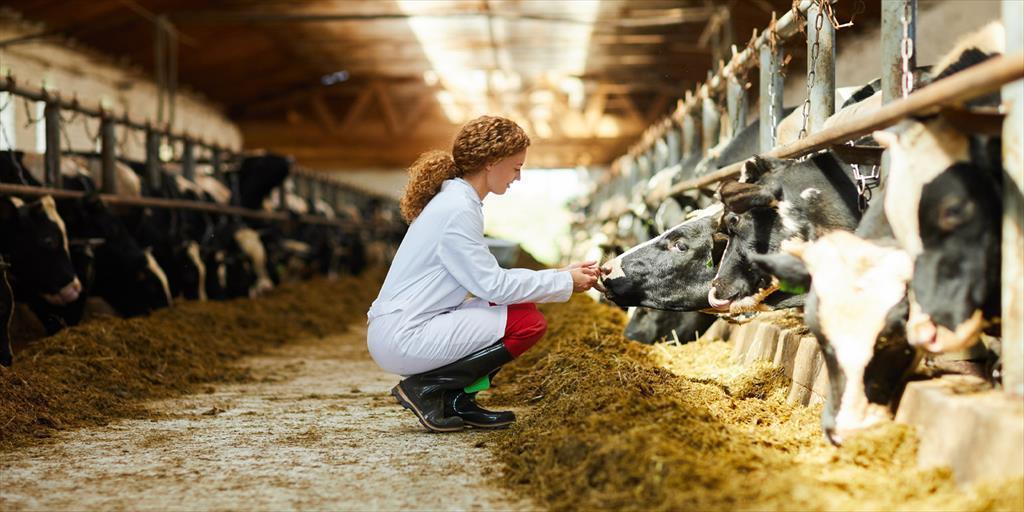In a world that is increasingly connected it is imperative to ensure farming biosecurity is not overstated. Biosecurity is a crucial aspect of protecting agricultural enterprises whether they are big-scale or farms run by family members. The concept of “biosecurity” encompasses a range of protocols and practices that are designed to stop the spread and spread of infectious diseases to farms. The article below will explore the importance of biosecurity on farms and its essential components and how every farmer must take it as a priority.
Farm biosecurity is the broad range of actions that farmers take to stop the spread and introduction of disease that may negatively impact the livestock and crops as well as the entire agricultural sector in general. The diseases include infections, fungi, viruses as well as pests that may destroy agricultural yields and jeopardize the stability of agricultural businesses. The implementation of effective biosecurity strategies is vital not just to ensure the well-being and health of animals, but to sustain the farming and agricultural sector.

Biosecurity in the farming sector is made up of many components that play a vital part in ensuring a safe and hygienic space. The components are strict guidelines for quarantining the introduction of new animals or plants as well as proper hygiene procedures as well as regular health checks as well as controlled access to farm’s facilities. The measures to ensure quarantine are in place to ensure that the new livestock or crops don’t carry diseases that may threaten animals or crop production. Proper hygiene including cleansing and disinfection is essential for preventing spreading pathogens. Regular health check-ups enable the earlier detection and treatment of ailments, while controlling accessibility limits entry to potentially harmful contaminations. For more information please visit here Sunzencorp
Biosecurity in the farm isn’t just an option, but rather a requirement to modern agricultural. Infections are able to spread quickly inside a farm or throughout the entire region, which can result in substantial financial loss and dangers to food safety. A case in point is that an outbreak of a disease that is contagious to livestock may result in the slaughter of whole herds, which can lead to a significant setback in the economics of farmers. Furthermore, the health of the general public is also at risk in the event that agricultural products containing contaminants are consumed by the consumer. The concept of biosecurity therefore is not just about safeguarding farm income, but also regarding that food safety is protected throughout the supply chain.
When it comes to livestock farming, biosecurity is a must. Farmers should follow strict guidelines in order to stop the introduction of disease through animals. It is important to isolate and test the new animals, ensuring an eye on visitors and constantly disinfecting the facilities and equipment. Furthermore, ensuring proper animal handling by providing appropriate food and vaccinations will help strengthen the immunity of animals and make their immune systems more resistant to disease.
The cultivation of crops also requires strict biosecurity precautions to guard against pests, diseases as well as contamination. Farmers must use diseases-free seeds, employ practices for crop rotation and frequently inspect their crop plants for indications of illness. The use of pest management techniques like the use of pesticides that are safe as well as insect traps, must be used to avoid the spread of pests. Cleanliness of tools and equipment can aid in reducing the possibility spread of pathogens across fields.




Leave a Reply